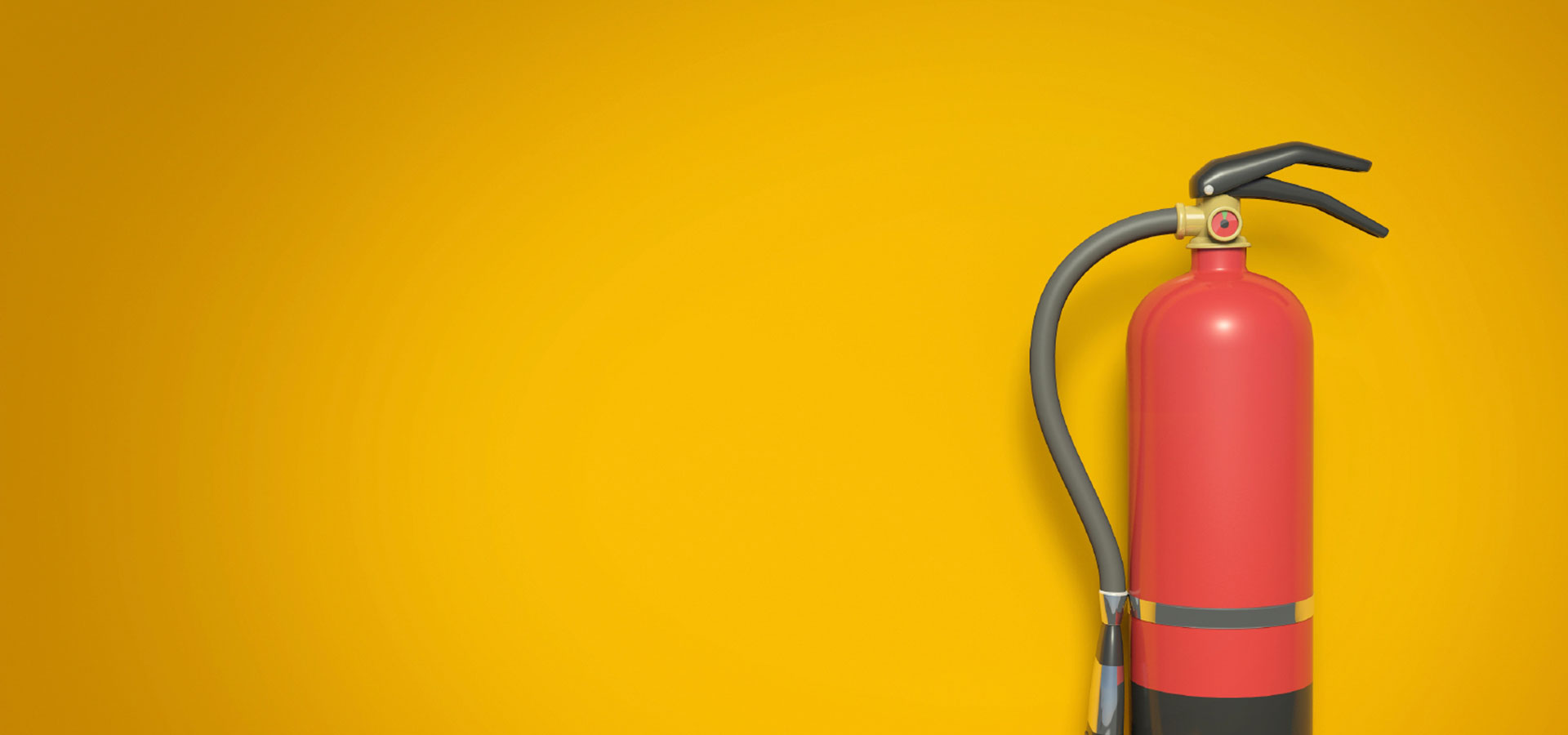5 Savvy Fire Safety Tips that Everyone Should Know
 Fires kill several thousand people every year in the United States. While it’s true that the number has been steadily decreasing over the past decade, it’s still important to understand fire safety. After all, that number would be even lower if everyone understood how to prevent fires in their homes and workplaces.
Fires kill several thousand people every year in the United States. While it’s true that the number has been steadily decreasing over the past decade, it’s still important to understand fire safety. After all, that number would be even lower if everyone understood how to prevent fires in their homes and workplaces.
1- Test Your Smoke Detectors
Smoke alarms can save lives, but they need to be used properly if they are going to do their jobs. Some people run into trouble because they don’t put a fire alarm in every part of their home or because they put them in the wrong place, but the most common issue is a lack of testing. Smoke detectors are mechanical devices, so they can wear out over time. To avoid problems due to broken alarms, it’s important to test them every month and change the batteries regularly. It takes a little bit of effort, but it’s the only way to be sure that the alarm still works.
2- Fire Drills Matter
People tend to panic when they get caught in a fire, and people who panic make bad decisions. The only reliable way to prevent people from panicking is to practice fire responses regularly. Fire drills ensure that people know exactly what to do in an emergency, and people who practice enough will be able to do everything perfectly without thinking about it. It is impossible to plan for every type of fire that might happen, but practicing the most likely scenarios can make all the difference during an emergency.
3- Watch Sources Of Heat
Most domestic fires start as relatively small flames that get out of control after they spread. “Dealing with a fire in the earliest stage is easy, and is the best way to prevent disasters from happening,” said Firetect, Inc. It’s easy to do so if you are near the fire when it starts to spread, but almost impossible if it starts when you are not paying attention.
That means that one of the best ways to prevent a fire is to keep a close eye on anything that could start one. Never leave an open flame unattended, even if you only plan on doing so for a few minutes. Similarly, it’s best to stay close to active stoves, heaters, and anything else that produces a lot of heat. They may seem safe, but all it takes to start a fire is something flammable getting placed too close to a source of heat. That happens more often than people think, but a quick response from an attentive human is all that is required to keep those fires under control.
4- Know The Extinguishing Agents
Not all fires are created equal. Many people believe that they can simply throw some water on any fire to put it out, but nothing could be farther from the truth. There are several types of fire that get worse when they come into contact with water, and many people are injured by trying to put them out every year.
Most fires in the home are caused by either burning grease, electrical problems, or general combustibles such as wood, paper, and cloth. Of those fires, water is only appropriate for the general combustibles. Both grease fires and electrical fires will get worse if you try to put them out with water, so it’s important to have an alternative available. A standard fire extinguisher is usually fine, and you should always have one in your home, but anything that can cut off all of the fire’s oxygen supply will work in a pinch.
5- Stay Sober
Alcohol and fire don’t mix. Alcohol reduces your ability to quickly react to new situations and hurts your physical coordination, which makes it very hard to put out a fire quickly. Unfortunately, alcohol also makes it very easy to start a fire by accident. It’s best to avoid intoxication anywhere near an open flame or source of heat, but it is especially important not to consume alcohol near a fire. After all, alcohol burns very well, and a spilled drink can easy help a fire to spread through a home. Even a small amount of alcohol can seriously hurt your chances in a fire, so stay sober if there’s any chance of one.

















